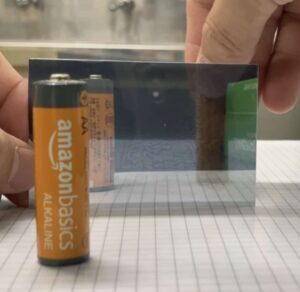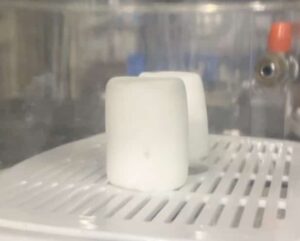The 90% Rule: A Science Trainer’s Ultimate Checklist to Stop Your Workshop from Turning into a Nightmare
I’m Ken Kuwako, your Science Trainer. Every Day is an Experiment.
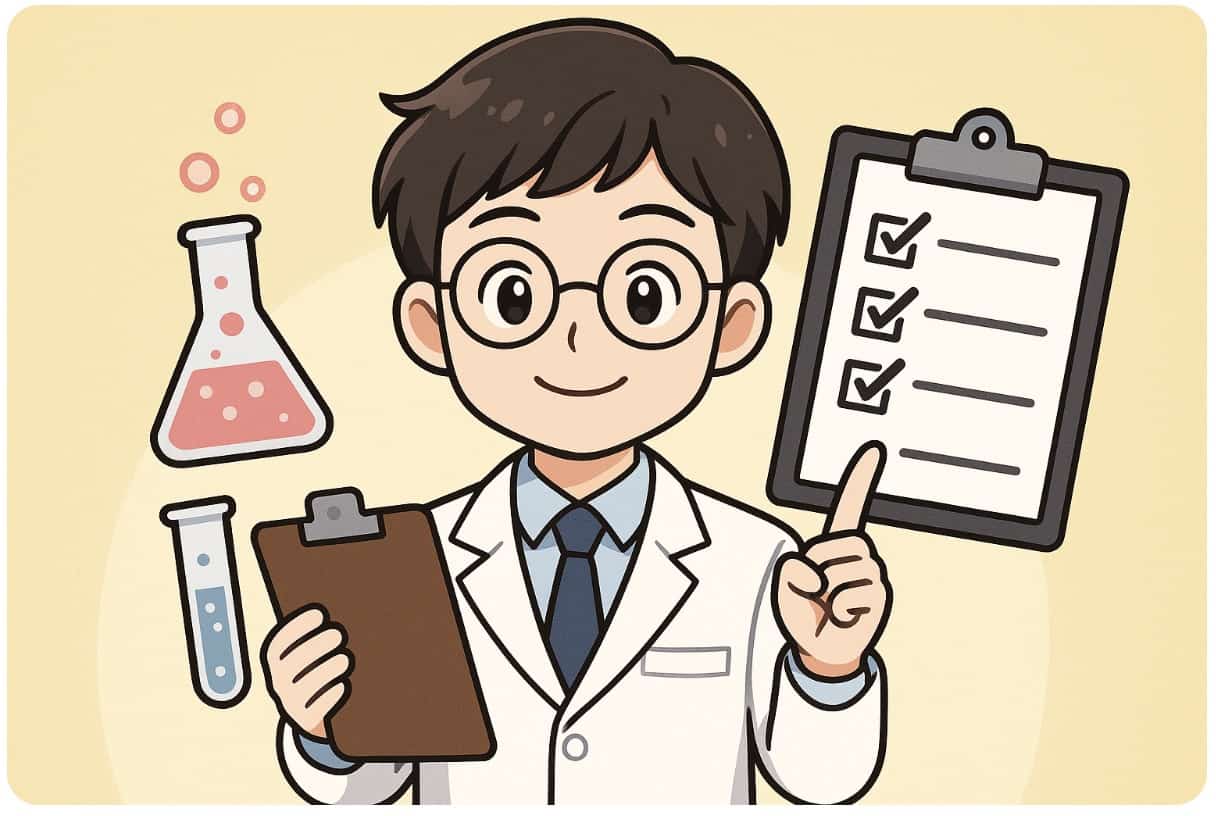
That moment when participants’ eyes light up with a “Wow!” or “I get it!”—that’s the greatest thrill of hosting a science workshop. But that moment of “magic” can turn into a “nightmare” in an instant. This usually happens because of a simple preparation slip-up, like: “Oh no, the projector cable doesn’t fit…” or “I forgot to bring the backup equipment!”
Even the most brilliant science demonstration is 90% dependent on solid preparation. Today, I’m sharing the Ultimate Pre-Workshop Checklist that professionals, like myself, use to nail that 90% and scientifically prevent any failures. This list is a compilation of best practices gathered from various experts in the field, and it’s what I personally use to make sure I’m ready.
The Science of Readiness: Why You Need at Least 60 Minutes
New venues, unfamiliar equipment… a science workshop is packed with “unknown variables.” When you’re in a new location, I strongly recommend arriving and starting your setup at least one hour before the workshop begins. This time acts as a crucial “buffer time” for the instructor to absorb all the inevitable “unforeseen circumstances,” such as testing the projector connection, finding the power outlets, and arranging the tables.
Pre-Workshop Checklist: Don’t Skip a Step
The secret to avoiding omissions is to divide your list into two main categories: “Items Requested from the Organizer/Venue” and “Items You Must Bring Yourself.”
Items to be Provided by the Organizer (If Available)
- Seminar Poster
- Participant Roster (for check-in)
- Receipts (if payment is required)
- Projector (DON’T FORGET to check the input port: HDMI or Analog RGB)
- Extension Cords (power outlets are always in unexpected locations)
- Name Tags and Cases
Must-Bring Items (The Show Can’t Start Without These!)
- Experiment Kits (Enough for the number of participants + 1 extra set) → The “+1” extra is for the instructor’s demo and to cover any unforeseen breakages or missing pieces.
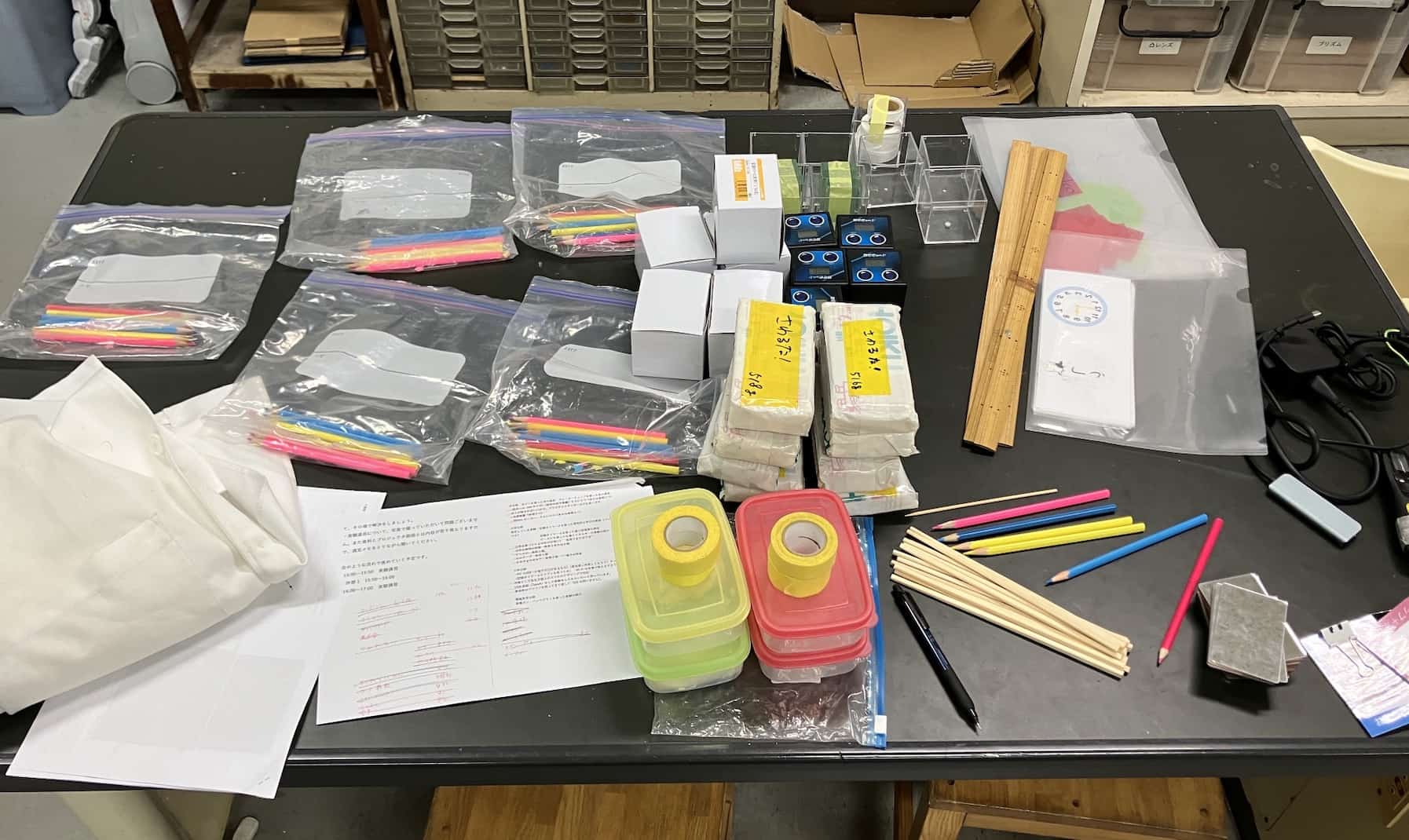
- Experiment Procedure Printouts and Handouts (for participants)
- Feedback Forms/Questionnaires (This is the most vital data for course improvement!)
- PC Connection Cables (Always assume every possibility: USB-C, HDMI, and RGB converters)
- Laptop/PC
- Wireless Remote Control (for operating slides from a distance)
- Baskets or Containers (one for each group/table—dramatically speeds up handing out/collecting equipment)
- Pens and Markers
- Personal Stamp/Seal (for receipts or lecture fees)
- The North Face Bag (Base Camp Voyager Lite 62L)
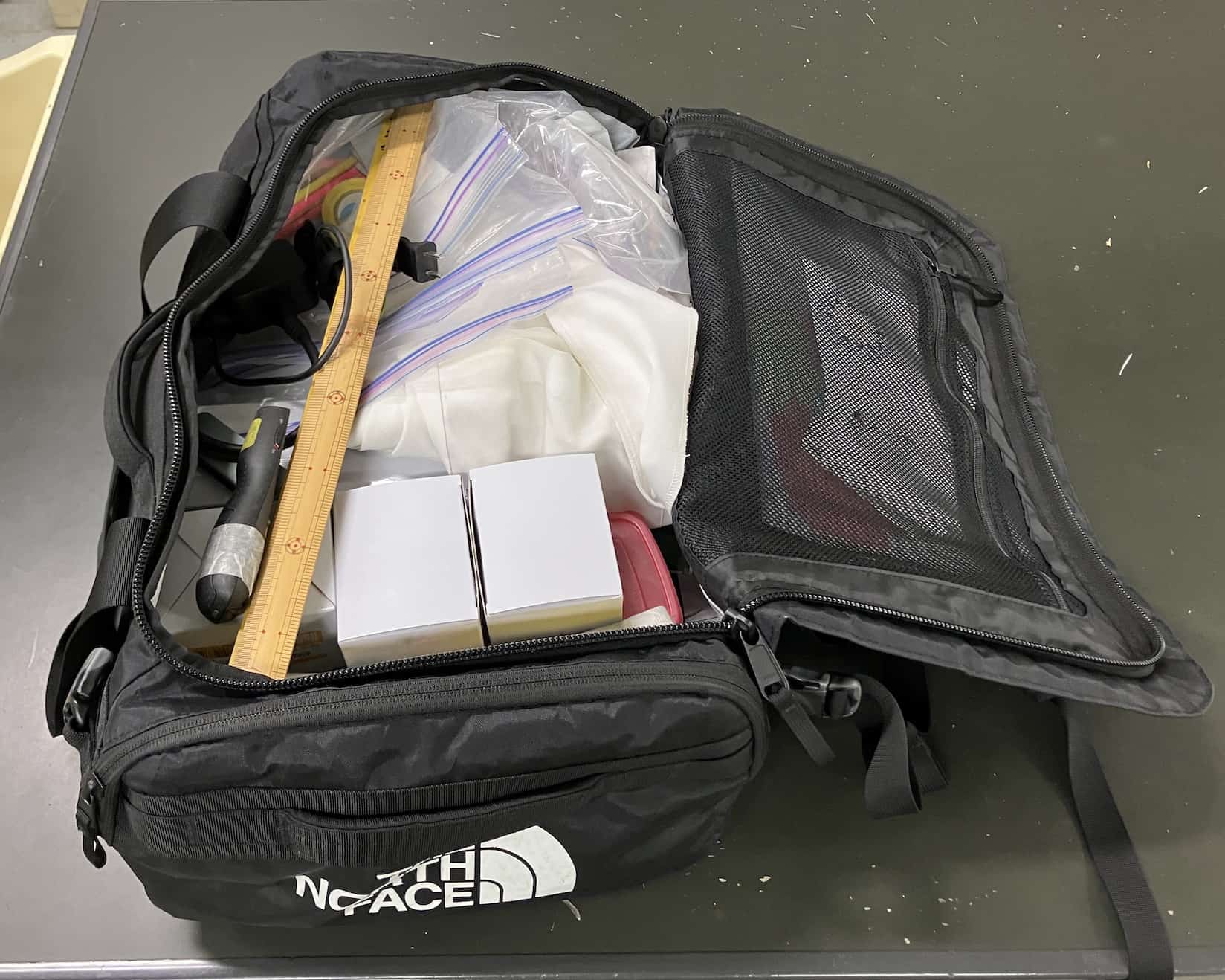
The Two Most Crucial Checks to Avoid Disaster
Among all the items, two are particularly easy to forget—and forgetting them can lead to a complete shutdown of your presentation.
1. The Projector Port Check (The Cursed Cable)
The number one item forgotten is the projector format. Your PC may be the latest model, but discovering the venue’s projector only supports old Analog RGB (D-SUB 15-pin) is an instructor’s worst nightmare. While HDMI is standard, you must always check the type of terminal beforehand and bring the necessary conversion adapter yourself, just in case.
2. The Feedback Forms (Investing in the Future)
Another commonly overlooked item is the feedback form. The organizer might provide one, or they might not collect any data at all. As a science trainer, participants’ honest feedback is the most valuable “experimental data” you can get to ensure future success. Confirm with the organizer whether they will provide forms; if not, always prepare your own. Both of these are easily forgotten during busy planning, yet they are extremely vital. To ensure you host the very best workshop, pay close attention to these fine details!
Contact & Commission Information
Want to bring the wonder and excitement of science closer to you? I compile and share easy-to-do science experiments at home and tips for success. Feel free to search around! ・The content of this science notebook has been turned into a book. Click here for details. ・For more about the trainer, Ken Kuwako, click here. ・For various requests (writing, lectures, workshops, TV supervision, appearances, etc.), click here. ・Updates are available on X!
![]() The Science Kit Channel features experiment videos!
The Science Kit Channel features experiment videos!
2月のイチオシ実験!梱包材で遊ぼう!
- 静電気の時期になってきました。子供と一緒に梱包材で盛り上がろう!→ やめられなくなる!静電気実験20
 体中に梱包材をはりつけてみよう!
体中に梱包材をはりつけてみよう!
テレビ番組等・科学監修等のお知らせ
- 「月曜から夜更かし」(日本テレビ)にて科学監修・出演しました。
書籍のお知らせ
- 1/27 『見えない力と遊ぼう!電気・磁石・熱の実験』(工学社)を執筆しました。
- サクセス15 2月号にて「浸透圧」に関する科学記事を執筆しました。
- 『大人のための高校物理復習帳』(講談社)…一般向けに日常の物理について公式を元に紐解きました。特設サイトでは実験を多数紹介しています。※増刷がかかり6刷となりました(2026/02/01)
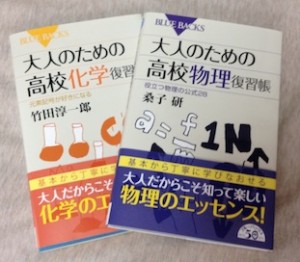
- 『きめる!共通テスト 物理基礎 改訂版』(学研)… 高校物理の参考書です。イラストを多くしてイメージが持てるように描きました。授業についていけない、物理が苦手、そんな生徒におすすめです。特設サイトはこちら。
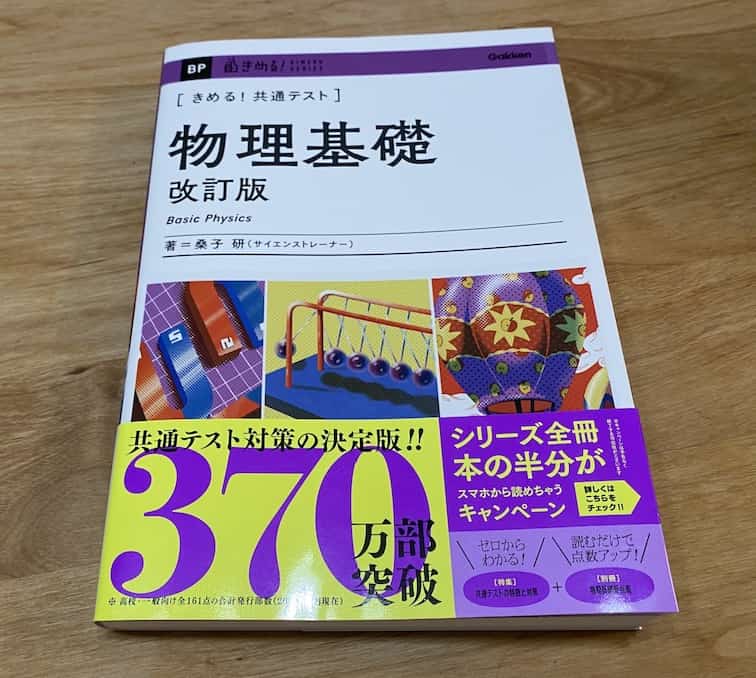
講師等・ショー・その他お知らせ
- 2/20(金)「生徒の進学希望実現支援事業」研究授業@福井県立若狭高等学校 講師
- 3/20(金) 日本理科教育学会オンライン全国大会2026「慣性の法則の概念形成を目指した探究的な学びの実践」について発表します。B会場 第3セッション: 学習指導・教材(中学校)③ 11:20-12:20
- 7/18(土) 教員向け実験講習会「ナリカカサイエンスアカデミー」の講師をします。お会いしましょう。
- 10/10(土) サイエンスショー予定
- 各種SNS X(Twitter)/instagram/Facebook/BlueSky/Threads
Explore
- 楽しい実験…お子さんと一緒に夢中になれるイチオシの科学実験を多数紹介しています。また、高校物理の理解を深めるための動画教材も用意しました。
- 理科の教材… 理科教師をバックアップ!授業の質を高め、準備を効率化するための選りすぐりの教材を紹介しています。
- Youtube…科学実験等の動画を配信しています。
- 科学ラジオ …科学トピックをほぼ毎日配信中!AI技術を駆使して作成した「耳で楽しむ科学」をお届けします。
- 講演 …全国各地で実験講習会・サイエンスショー等を行っています。
- About …「科学のネタ帳」のコンセプトや、運営者である桑子研のプロフィール・想いをまとめています。
- お問い合わせ …実験教室のご依頼、執筆・講演の相談、科学監修等はこちらのフォームからお寄せください。

